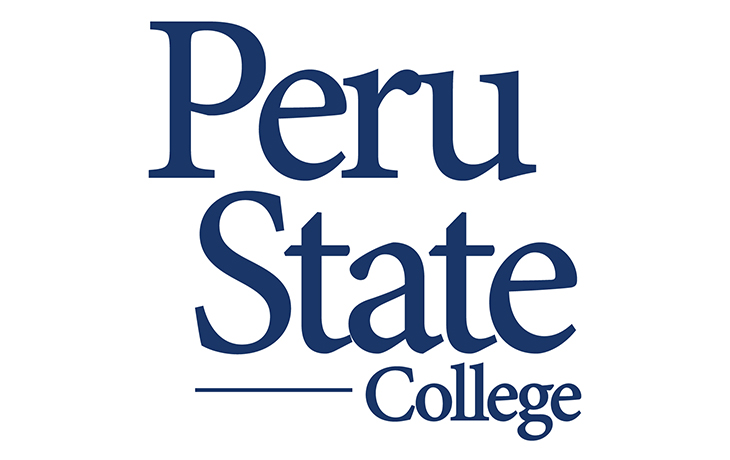FOR IMMEDIATE RELEASE
June 8, 2020
Contact: Jason Hogue, Director of Marketing and Communications, 402-872-2429
Peru, Nebraska- Dr. Kate Trout, assistant professor of biology and human health, received a Nebraska 2019 EPSCoR grant for undergraduate research experience in small colleges and universities.
EPSCoR is short for an established program to stimulate competitive research. The program is a National Science Foundation grant. This program provides funding up to $5,000 per project for collaborations in science, technology, engineering and math (STEM) areas.
Trout was awarded funds in February 2019 to research a dengue-control tool in Guanacaste, Costa Rica.
Trout said, “The publications for the research are forthcoming, but a well-designed dengue control tool can help connect the community members to each other and to the healthcare system where resources are scarce.”
“We could not have conducted this work without the support of PSC, Nebraska EPSCoR, or our local collaborators.”
Trout and Peru State College students Nicole McMann, Shianna Oestreich and Jessenia Hincapie worked two years on the project.
Research began in March 2019 with a pilot study funded by Peru State College Student Engagement Enhancement Funds. Trout and the students collected preliminary data on contributing factors to the high incidence of dengue and Zika viruses.
This initial study was foundational for the dengue-control tool.
Trout said, “This pilot study gave us important information about data collection in a rural Costa Rican setting, and provided preliminary data to develop a larger scale survey to test the feasibility and development dengue control tool (funded by EPSCoR).”
The team returned to Costa Rica in January 2020 for data collection. They also engaged in community outreach and service during the trip.
Trout said, “While conducting research in rural Costa Rica, PSC students not only learned skills in operational research and applied epidemiology, but also engaged in service activities, such as free public health clinic, after school program with a local NGO (trying to extend educational hours), educational summer camps, and science and health demonstrations for children.”
“These kind of opportunities can help us stimulate innovation in low resource settings that can act as models to approach the most challenging rural health issues around the world.”
###
